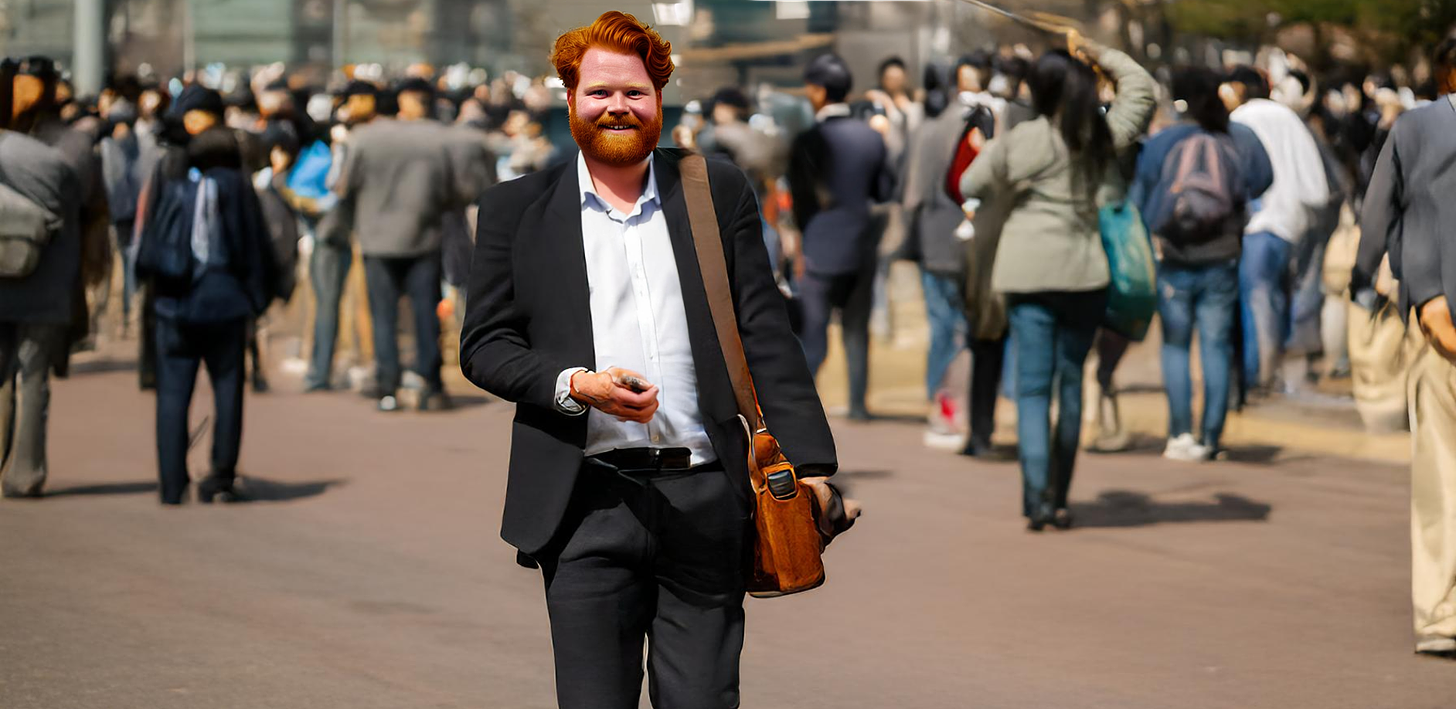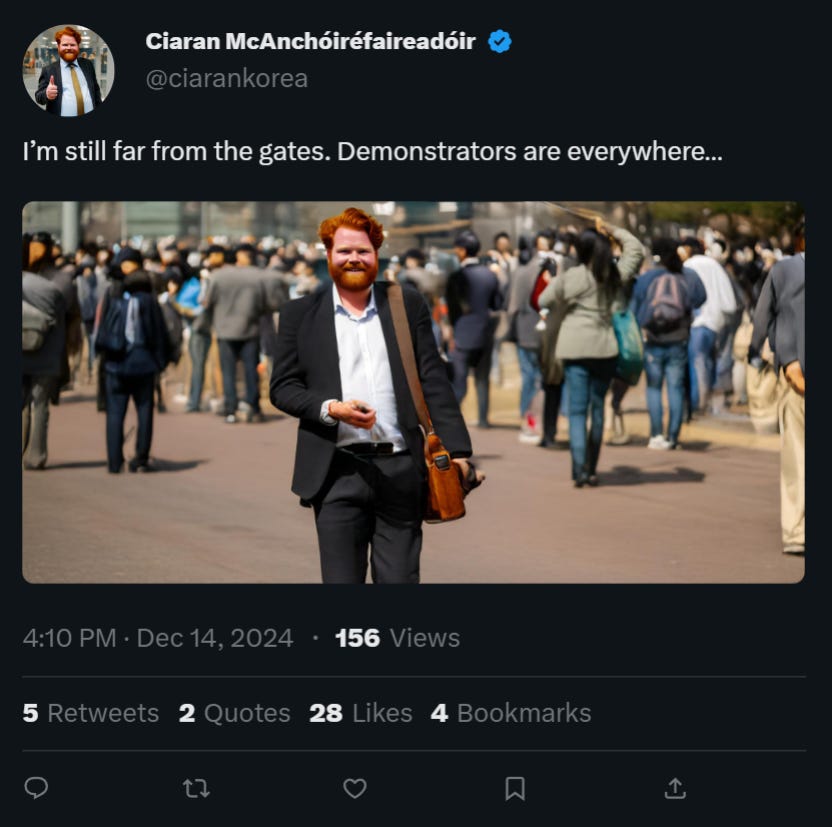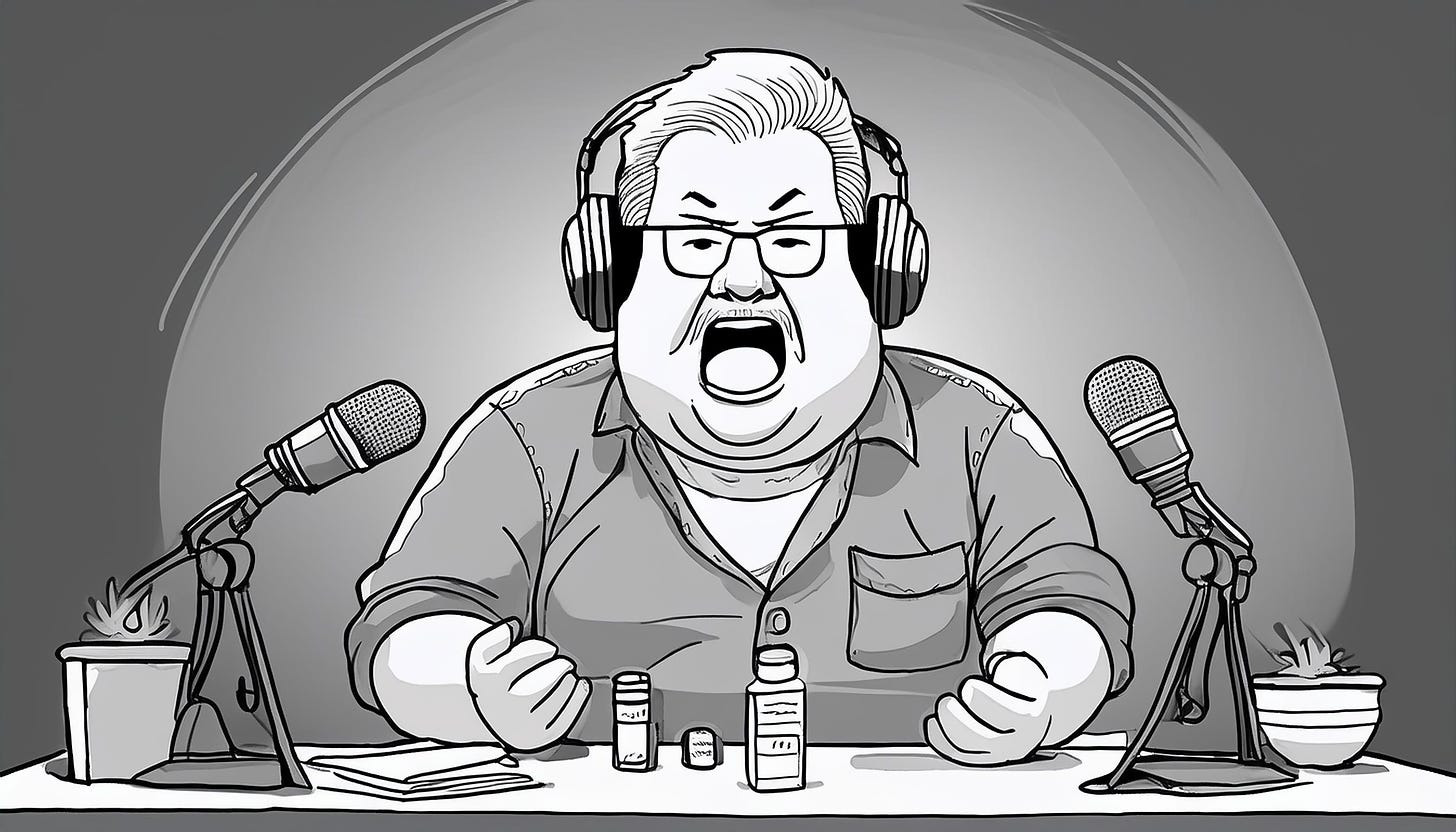The scholarly live report? Academics and the competition for attention
South Korea's recent presidential impeachment brought out a new academic phenomenon - the scholarly live report.
The impeachment of Yoon Seok-yul in South Korea brought out a new academic phenomenon - the scholarly live report. It intrigued me. After doing some further research on past crises for a forthcoming book, it’s not something altogether new. Rather, it’s a trend. Academics are competing with random commentators, acerbic trolls, and journalists for likes and reposts and it’s a race to the bottom. Being first counts, and many academics now want to be first, so speed eclipses analysis.
On 14 December, the second time legislators voted to impeach Yoon Seok-yul, it started with an early social media post. One academic noted something like:
“I’m still far from the gates. Demonstrators are everywhere…”
It continued throughout the afternoon and evening, providing live updates of what was happening and the peculiarities of the event. These updates were interspersed with two-bit references to history, international relations, and social criticism.
Of course, this is a natural thing to do - for journalists. We all know there are some excellent correspondents and freelance journalists covering events in South Korea. Their live updates and images sustain global reporting on the country. They struggle when the world has no interest in Korea and they’re rushed off their feet when it does. But live reporting is not a natural thing for academics - it’s weird and unnatural.
Apparently emulating journalists is now an academic phenomenon. Instead of conducting in-depth research and providing nuanced analysis, many now rush to report events in real time, competing for clicks and retweets as though their employability or tenure depends on it. This inevitably turns into a desperate scramble for relevance and undermines the depth and rigor of analysis. The impeachment of Yoon Suk-yeol offered a case study of this academic race to the bottom - there was more academic social media reporting than longform commentary.
The modern news cycle
The modern news cycle focuses on immediacy. This is magnified by the pervasive influence of social media, which has redefined the relationship between time and information. Platforms like Twitter, Facebook, and Instagram enable news to break in real time. The speed at which stories spread on social media creates a sense of urgency for news outlets, forcing them to compete with not just each other but also with individuals who can share updates instantly. As a result, the time between an event occurring and its publication has shrunk dramatically, with the pressure to be "first" the defining feature.
Social media’s real-time nature also shortens the lifespan of news stories, as the rapid scroll of updates means today's headlines are quickly overshadowed by tomorrow's trends. Algorithms that prioritize engagement favor constant activity, compelling news organizations to produce a steady stream of content to remain visible in crowded feeds. This dynamic creates an environment where speed eclipses depth, as both journalists and social media users prioritize timeliness over thoroughness - and let’s face it, thoroughness is pretty much impossible in a social media post. While this immediacy satisfies the public’s appetite for instant information, it also fosters a reactive, surface-level approach to news consumption and reporting, making it difficult to pause and fully process the broader significance of events.
The impeachment of Yoon Suk-yeol demonstrated the dual-edged nature of immediacy in the news cycle, particularly with the role of social media amplifying its effects. As news of the impeachment broke, updates flooded platforms like Twitter and Naver in real time, with journalists and citizens alike sharing rumors, instant responses, and live coverage. The demand for instant reporting pushed media outlets to focus on delivering continuous updates, often at the expense of deeper contextual analysis of the legal and political implications. The immediacy also fueled polarization, as social media algorithms amplified sensational headlines and opinionated takes, overshadowing more balanced or investigative pieces. While this rapid pace kept the public informed moment-to-moment, it created an environment where clarity and nuance were often drowned out by the sheer volume of fast-moving, reactionary content.
Traditionally, academics provided additional depth to media reporting. They were the balance. They were criticized as living in “ivory towers” because they didn’t have the pulse of the day-to-day. Their insights came from in-depth research and analysis, and connections to policymakers. They took in the big picture and transformed it into policy insight. The recent proliferation of academics providing running commentary and live reporting on scene, coupled with shallow rehashed opinions is a worry. The academic world is no longer any different from the competitive media environment.
Why worry?
The obsession with instant reporting breeds oversimplification. Academics should play a pivotal role in policy debates by contributing evidence-based insights and fostering informed decision-making. Their rigorous research is meant to identify and articulate complex societal challenges, and offer potential solutions grounded in empirical analysis. This influence is meant to be shaped by the quality and relevance of the research, effective communication, and relationships with policymakers. They are meant to be seen as independent authorities, whose work can legitimize policy directions or provide alternative frameworks for addressing issues. Academia has changed.
The rise of the corporate university led to a decline in academic quality, as the focus shifted from education and critical inquiry to profit and marketability. Corporate models prioritize revenue streams, such as industry partnerships, branding, and international student fees, often at the expense of investing in faculty, research, and student support. Commercialization fostered a transactional relationship where education became a commodity, reducing students to customers and knowledge to a product. The pressure to maximize profits led to the erosion of tenure-track positions, replacing experienced academics with underpaid casual staff, and to the proliferation of administrative roles, diverting resources from teaching and learning. Moreover, the emphasis on metrics like rankings and graduate employment statistics incentivized superficial success over substantive intellectual development, and undermined the university’s traditional role as a space for critical thought and societal progress.
Take a look at any academic research paper published in the 1950s and 1960s and they are more than likely immensely better than today. In those days, academics wrote no more than one paper a year in a limited number of high quality journals - far from the multiple papers and multiple journals of today. It’s a race to the bottom and those who game the system win. Academia has lost its way. Some academics are even struggling to survive.
The academic “ivory tower” is now a van, it’s parked at the back of Walmart, and the night watchman has already called the cops.
By prioritizing immediacy over substance academics have moved one further step away from their skill set. The modern news cycle fostered a culture of "analysis fatigue" with audiences bombarded with shallow polarized and corporatized thinktank takes. Now academics are adding to this fatigue. They’re competing where they shouldn’t compete, and their voice is increasingly less relevant.
Why, even this blog is out of the normal academic routine. Who knows, maybe next impeachment I’ll be on the frontline with my mobile phone, two-bit commentary, and half-arsed academic takes. Maybe not… It’s time I got back to research!





